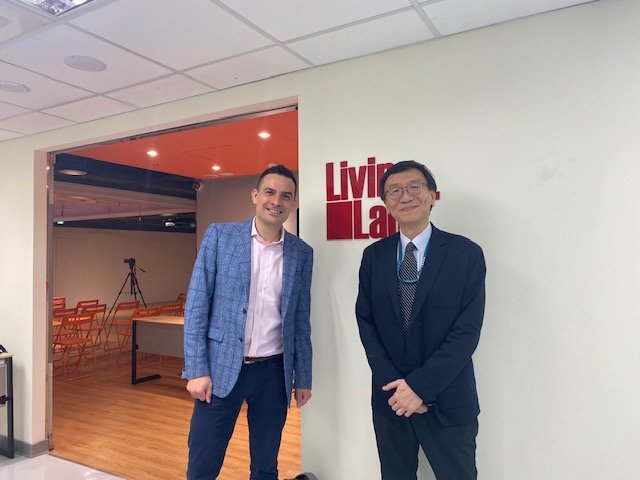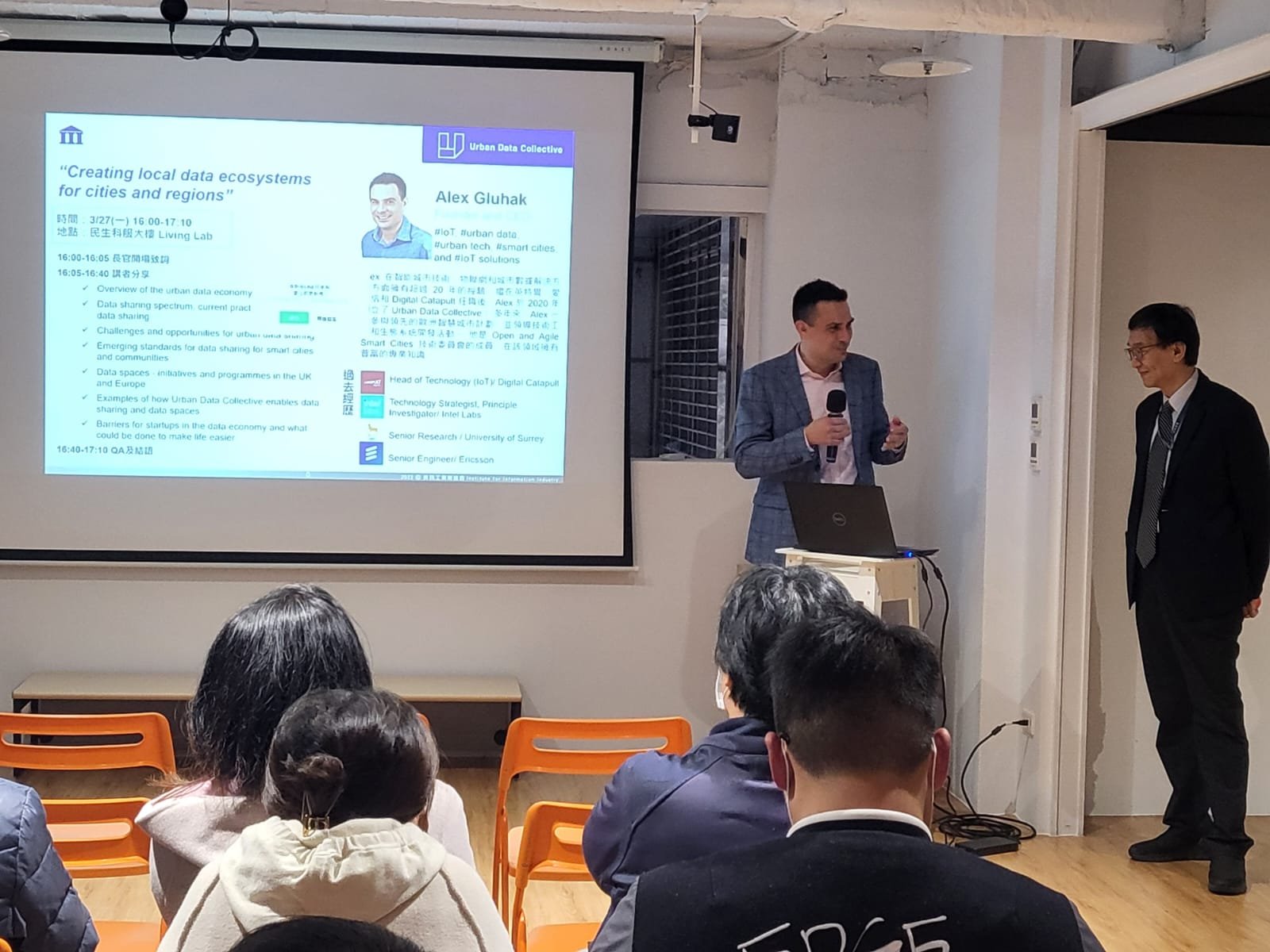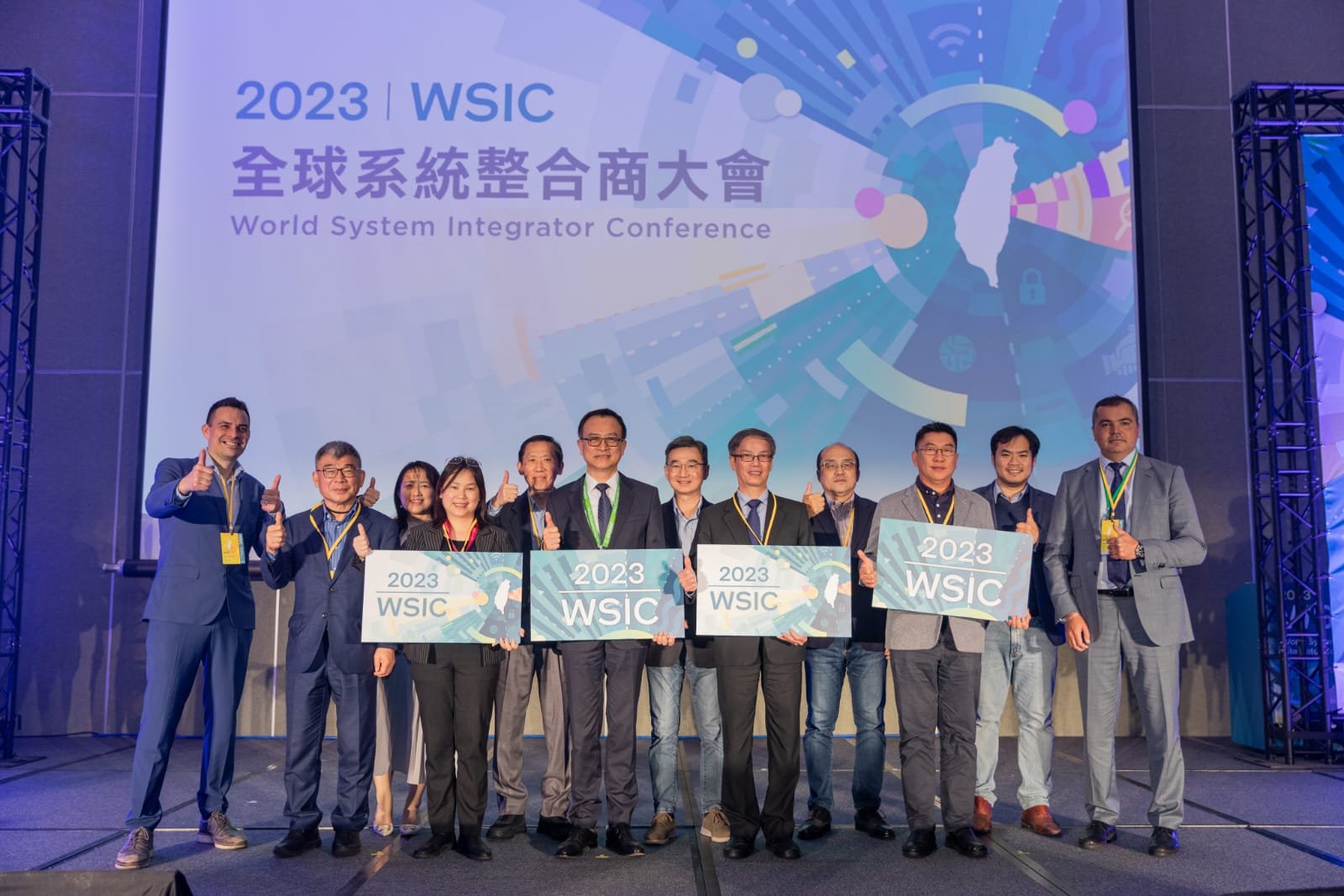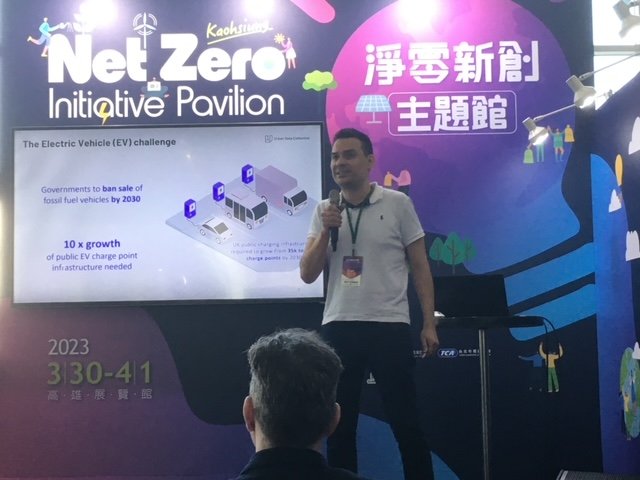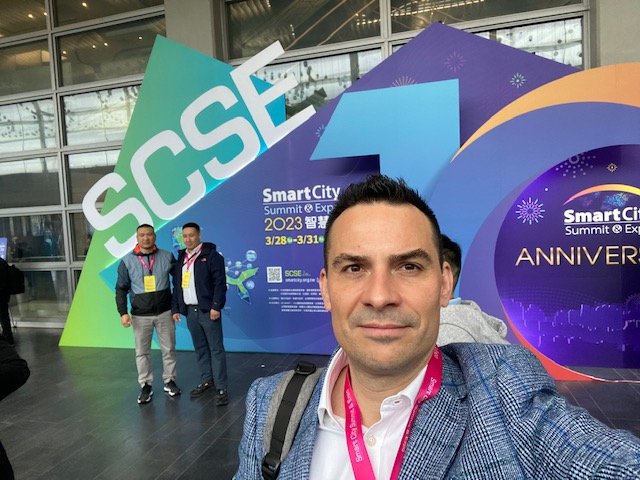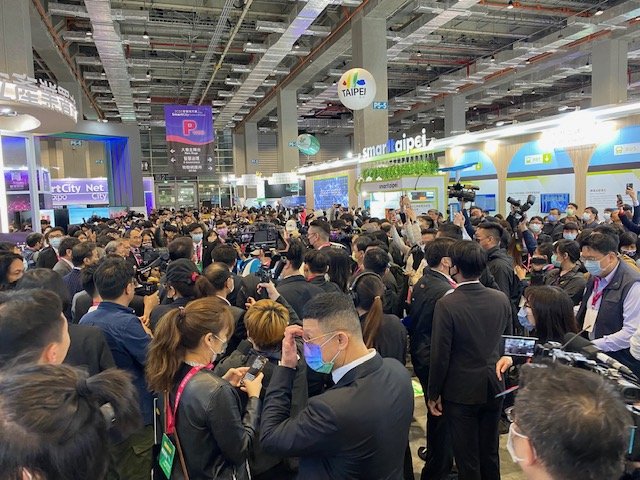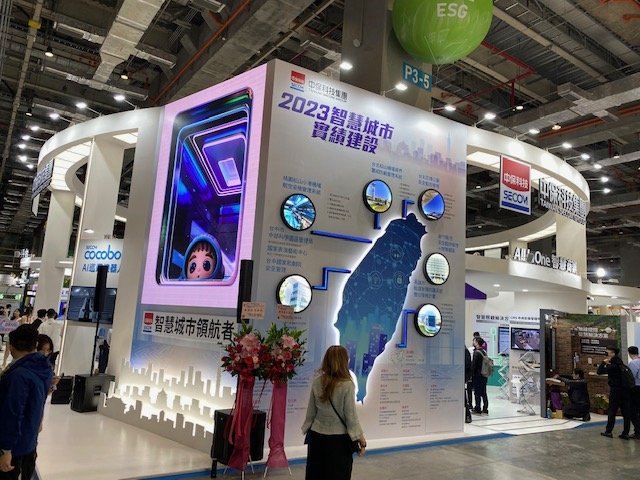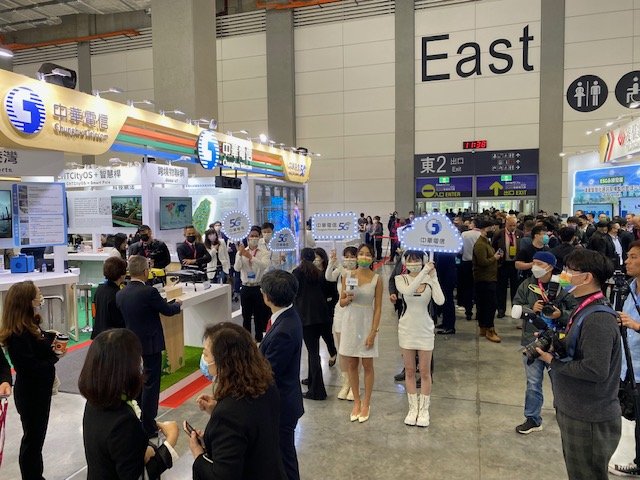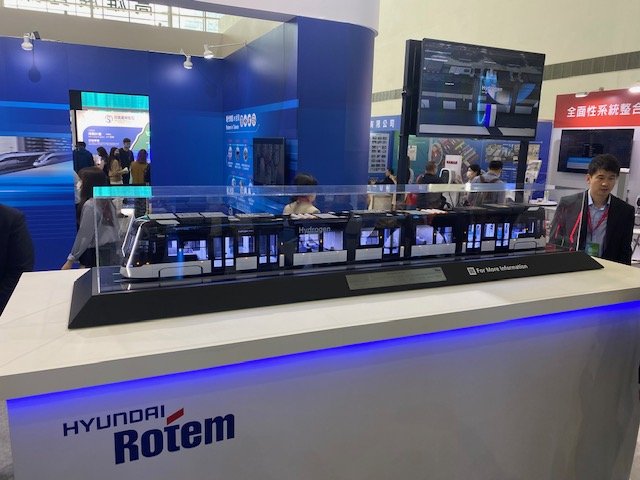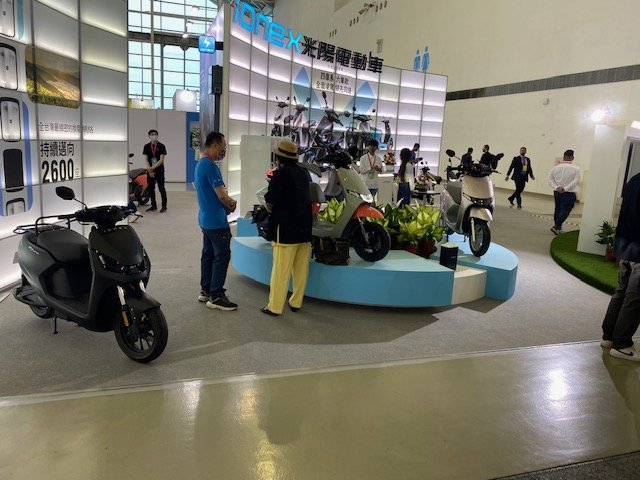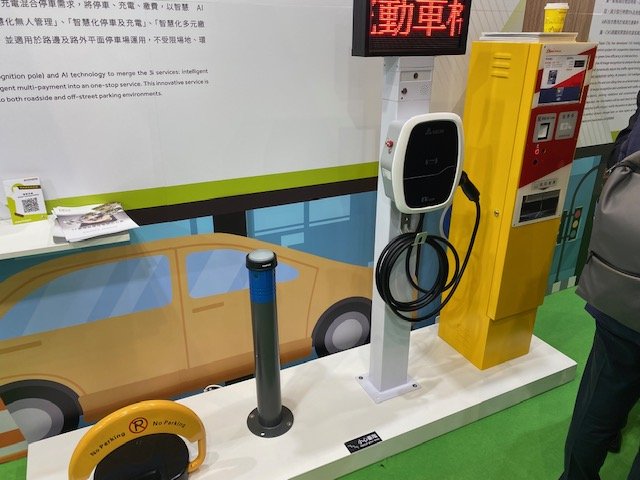Smart City Summit and Expo 2023 in Taiwan
After attending the last three editions of the Smart City World Expo in Barcelona, I had a chance this year to get my first taste of the biggest Asian Smart City trade event called Smart City Expo and Summit in Taiwan.
Organised with the support of the Institute for Information Industry (III) and the Taiwanese government, the event brought together predominantly local solution providers with local and International crowds. At the same time, a large number of city officials and mayors from around the world met to share experiences in a forum that ran in parallel to the exhibition. There were also delegations from European and Asian development banks and delegations of companies and investors from other countries.
The event lasted the entire week with two partially overlapping exhibitions in the two major cities of Taiwan. The event started in Taipei and then opened its doors in Kaohsiung, about 400 km south two days later. I felt this was great as it gave us the opportunity to see different sides of Taiwan, the cooler and very busy global metropole of Taipei and a warmer and more laid-back city of Kaohsiung.
I had the chance to represent Urban Data Collective at a number of speaking opportunities during the week and network with other companies and start-ups not only from Taiwan but also the rest of the world. I shared our experience on the urban data economy with folks at III at their Living Lab and provided an overview of the European policy angle on data spaces. I joined the World Systems Integrator Forum to present system integration challenges faced by smart cities and discussed emerging standards and our Urban Data Exchange as a solution that enables cities to create interoperable real time data ecosystems. I also had the pleasure to attend the “AFACT Forum - Empower Digital Cities Network with Cross-Border Data for Greener Living” as a speaker and bring in my experience on real-time data sharing and re-use to improve mobility and transportation systems. On the last day I had the chance to provide a pitch at a start-up pitching event joined by 10 UK and 10 Taiwanese Netzero startups.
With nearly daily speaking commitments around the Expo I could not explore much of the city and country. However, I had at least the chance to dip my toes deeper into the Expo. Below are a few of my key observations and learnings from the event.
Telco companies still play a big role in Smart Cities in Taiwan
The last time that I attended the Barcelona expo before the pandemic, telecom vendors and service providers were showcasing their products and smart city dashboards. During the last two years however their role in the European expo significantly decreased, as they focused more on the MWC instead. This was in contrast to Taiwan where national operators featured on some of the biggest stands and depicted themselves as an overall service and system integrator with a network of partners. There is also an increasing B2C role in the provision of health and wellness services for citizens.
The netzero transport revolution has started to grip Taiwan
Unlike the UK or other parts of Europe where we can see significant growth of EV sales, Taiwan is still far away from it. I learnt that the number of EVs in Taiwan is around 30,000 – compared to nearly 700,000 in the UK. Charge point rollout has just begun with around 10 CPOs vying for market share. While the UK has already more than 40,000 public chargers, the number of chargers in Taiwan is in the low 1,000s. However, the relevant hardware and software industry for EV charging infrastructure is gearing up for a rally with loads of AC and DC charging kit on show. An interesting element that I have not seen yet as prominent in Europe is the combination of smart parking and charging technologies, combining ANPR technologies built into roadside furniture or EV chargers to automatically detect vehicles so they can be automatically invoiced or even fined if violating usage terms. I could also see nicely designed electric scooters at affordable prices. Scooters are a popular mode of Transport in Taiwan’s densely populated cities, and their electrification will be an important part of the country’s transition to zero emission vehicles. Another case that impressed me was a tram fully operating on hydrogen by a larger Korean train manufacturer. The tram had a travel distance of 180km when fully charged and a recharging time of 15mins.
Mastering more than just hardware
Taiwan is famous for its semiconductor and hardware industry with famous foundries such as TSMC, packaging companies such as ASE Group or product manufacturers such as Foxconn. Building upon the strength in hardware there was of course loads of IoT hardware on show, including drones for use in air and sea as well as robots. However, over the past decade, it seems that Taiwan has also caught up with its software industry, with system integrators on show providing end-to-end solutions even including US or European hardware, and companies mastering AI enabled products for traffic classification or public safety. I was particularly impressed by Nodoe EV OS, a very slick EV charge point provider backend, which on one side is able to offer high reliability of a network with deep charge point vendor system integration, while providing Apple like user experience for different usage environments. Nodoe is one to watch in the global charging operator market space.
Large breadth of use cases on show
There was a nice balance and breadth of SmartCity and IoT related use cases on show, though it is not clear if this was due to careful curation but it seems there are solutions from Taiwanese and other Asian vendors for nearly every use case. They ranged from public safety, telecare and diagnostics, active living and citizen well-being, to solutions focused on resilience towards environmental challenges such as pollution and flooding solutions for smart energy and infrastructure maintenance and even for agriculture and aquaculture.
Overall, I was impressed by all things on show and by the overall organisation. I am looking forward to following up on many of the interesting conversations that I had and hope to return again next year.

